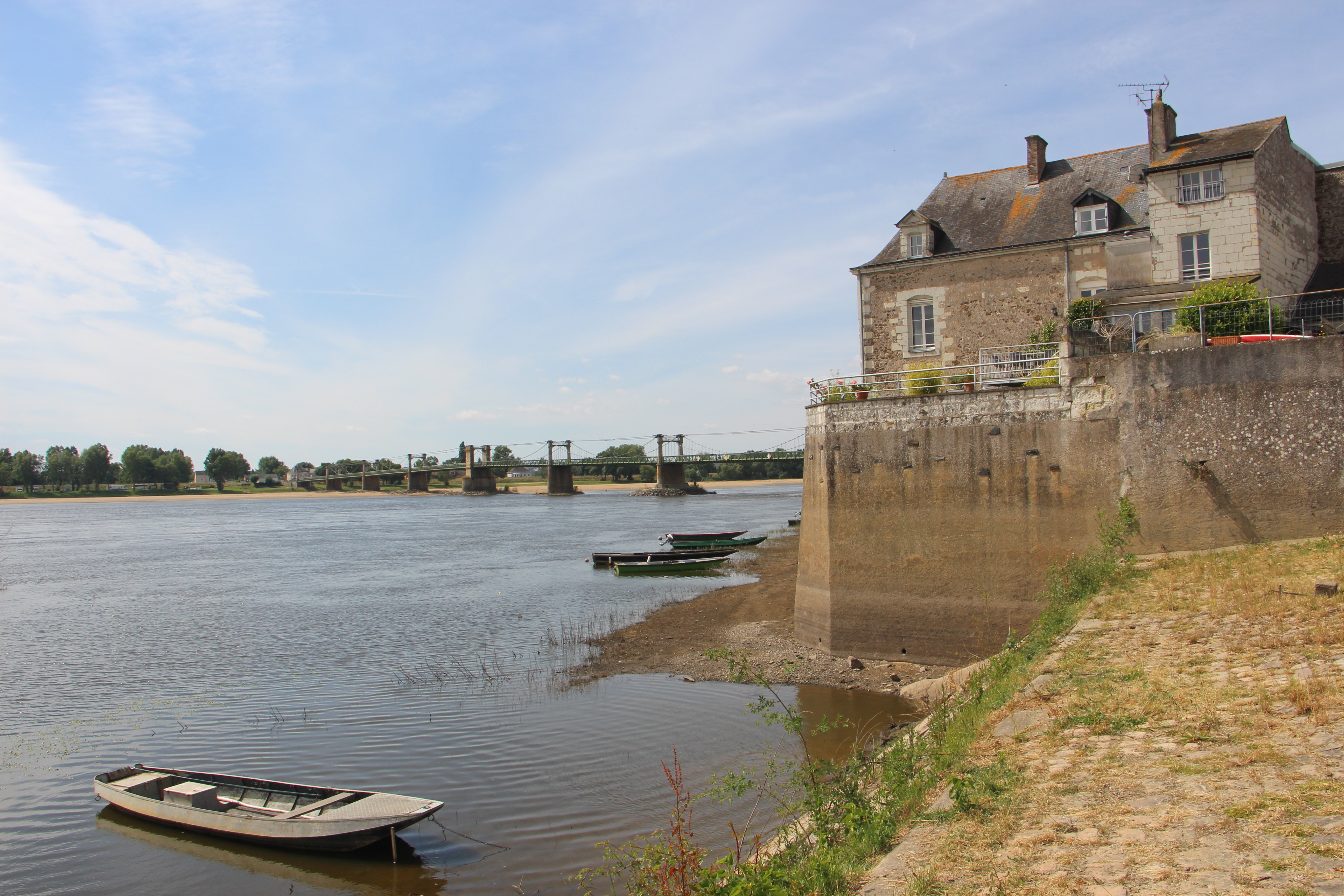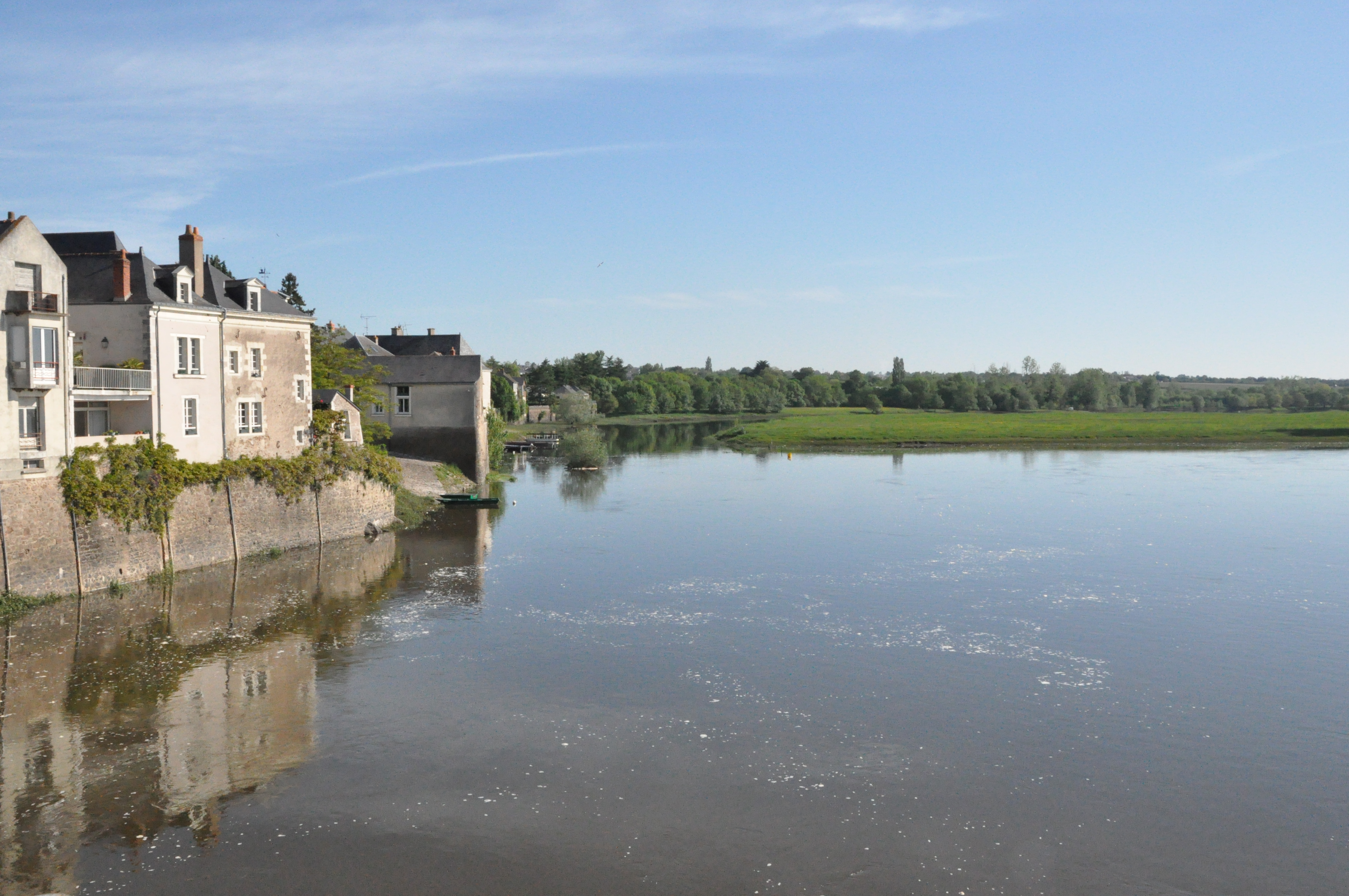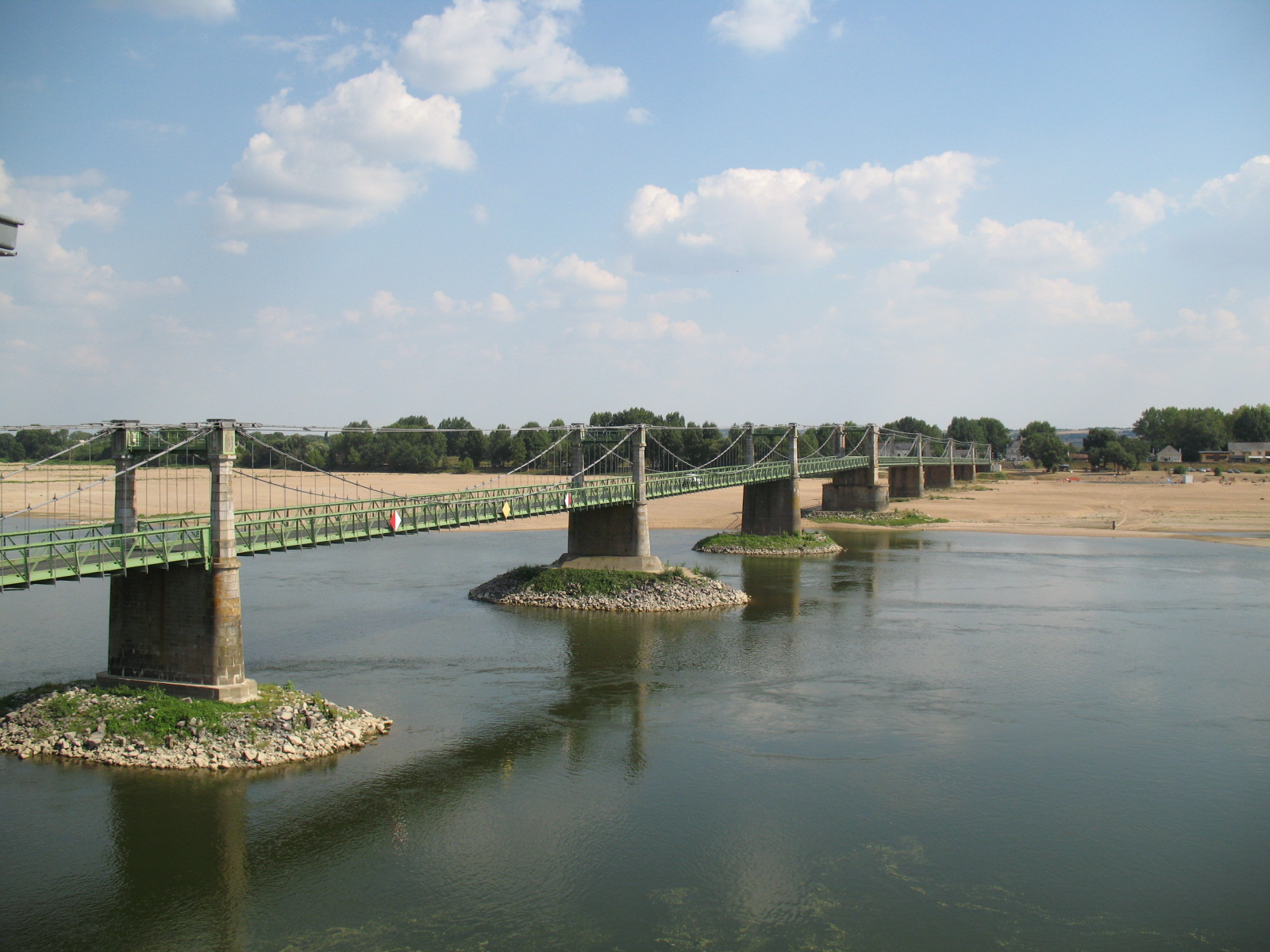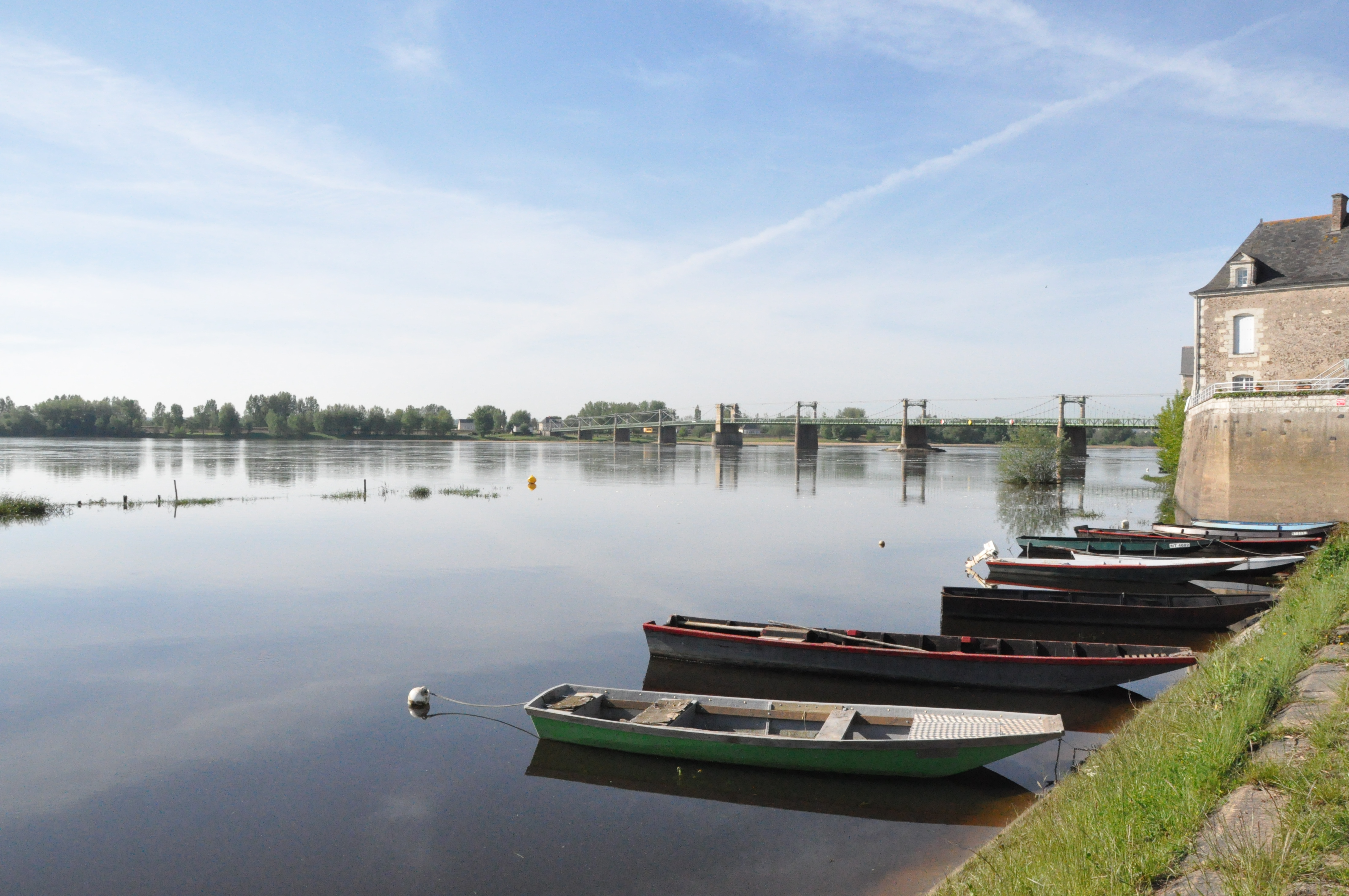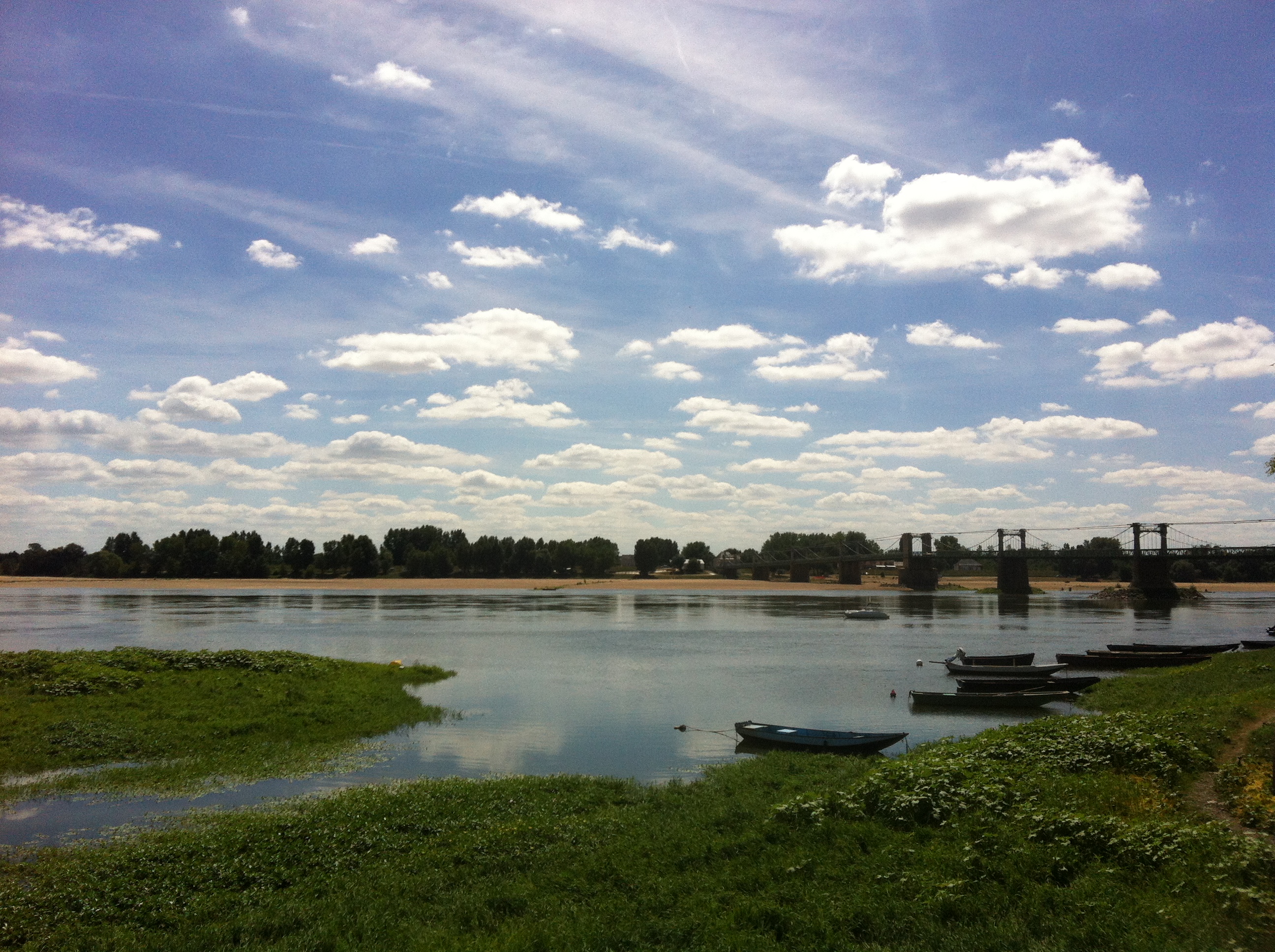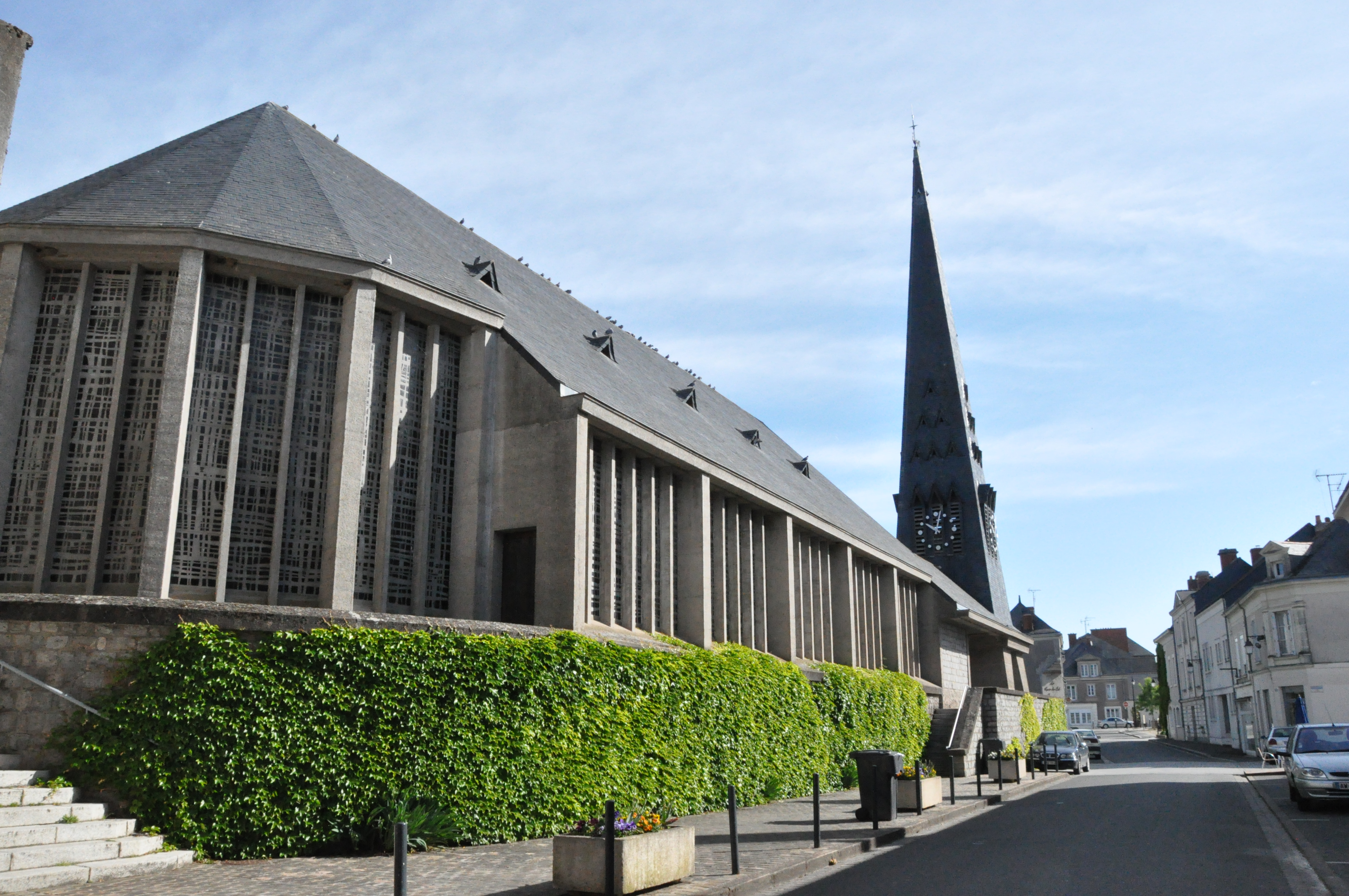It is also a historic site, where the famous Brittany stone was laid in the 9th century to separate Brittany from the Frankish kingdom.
This land has lived to the rhythm of history and the passage of people, and still bears the traces of this today. This geographically privileged location was a crossroads for river trade, and many important fairs were held here. The small town experienced the upheavals of the French Revolution, which led to the disappearance of the border between Brittany and France. Since 1996, the half-Angevine, half-Brittany town has been classified as a heritage protection zone (ZPPAUP), and its inhabitants are turning their attention to their Loire identity.
Guided tour on reservationSpoken languages :English, French
Visiting languages:French
Home groups:yes
Pets allowed
Proposed activities:Temporary exhibitions
Visiting languages:French
Home groups:yes
Pets allowed
Proposed activities:Temporary exhibitions
| Period (s) | Morning | Afternoon | Opening day | Closing day |
|---|
Individual visits
Free visit (permanence):yesFree visit (request):yes
Guided tour (permanence):yes
Guided tour (request):
Duration of the visit:
Free tasting:
Tasting fee:
Group tours
Free visit (permanence):yesFree visit (request):yes
Guided tour (permanence):yes
Guided tour (request):
Duration of the visit:
Free tasting:
Tasting fee:
-
Animaux
-
Bar cafeteria tea room en
-
Historic site and monument category
-
Petites cités de caractère en
-
Picnic area en
-
Projection room en
-
Restaurant en
-
History
-
Town, village and district
-
19th century
-
Classical
-
Contemporary
-
Modern

